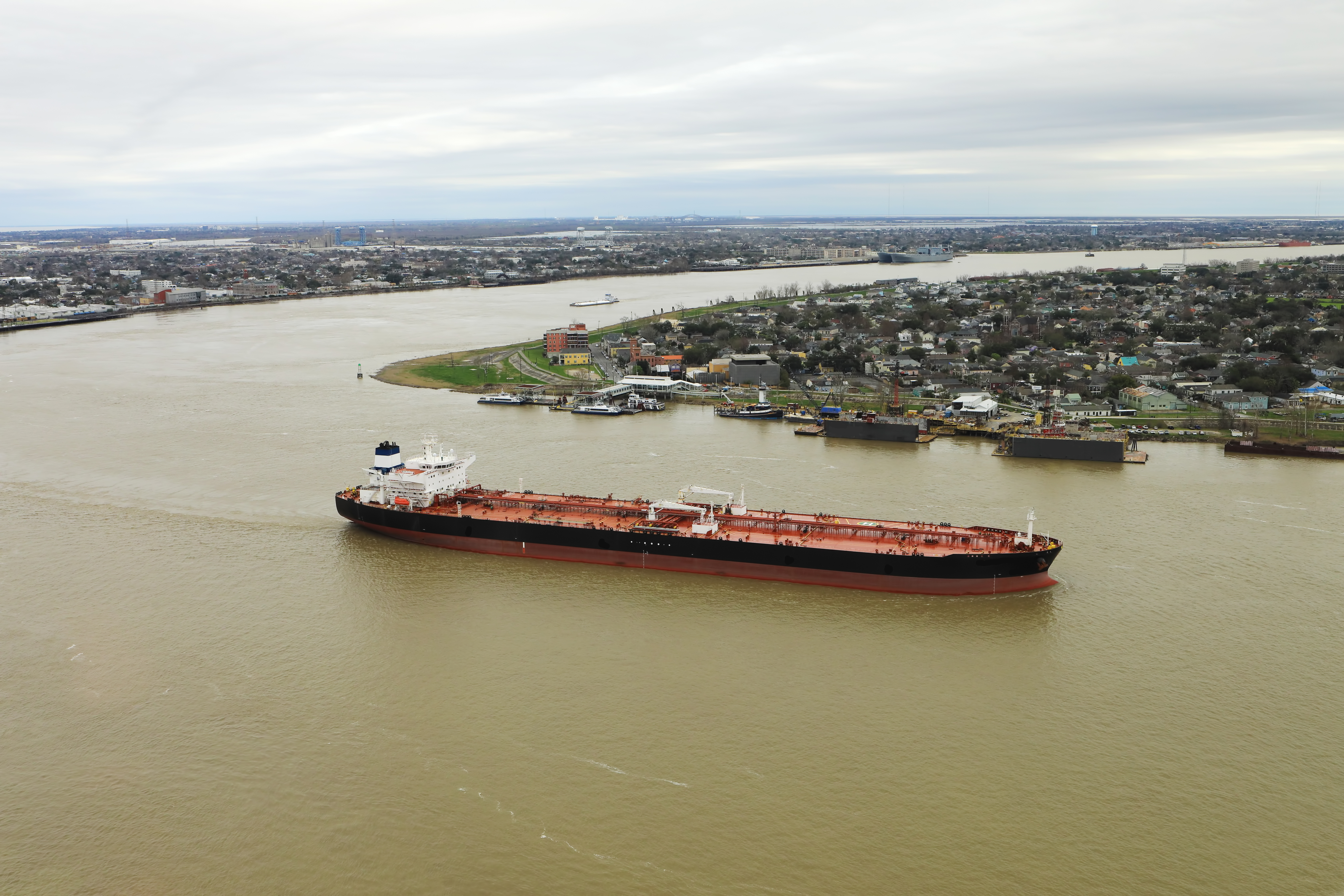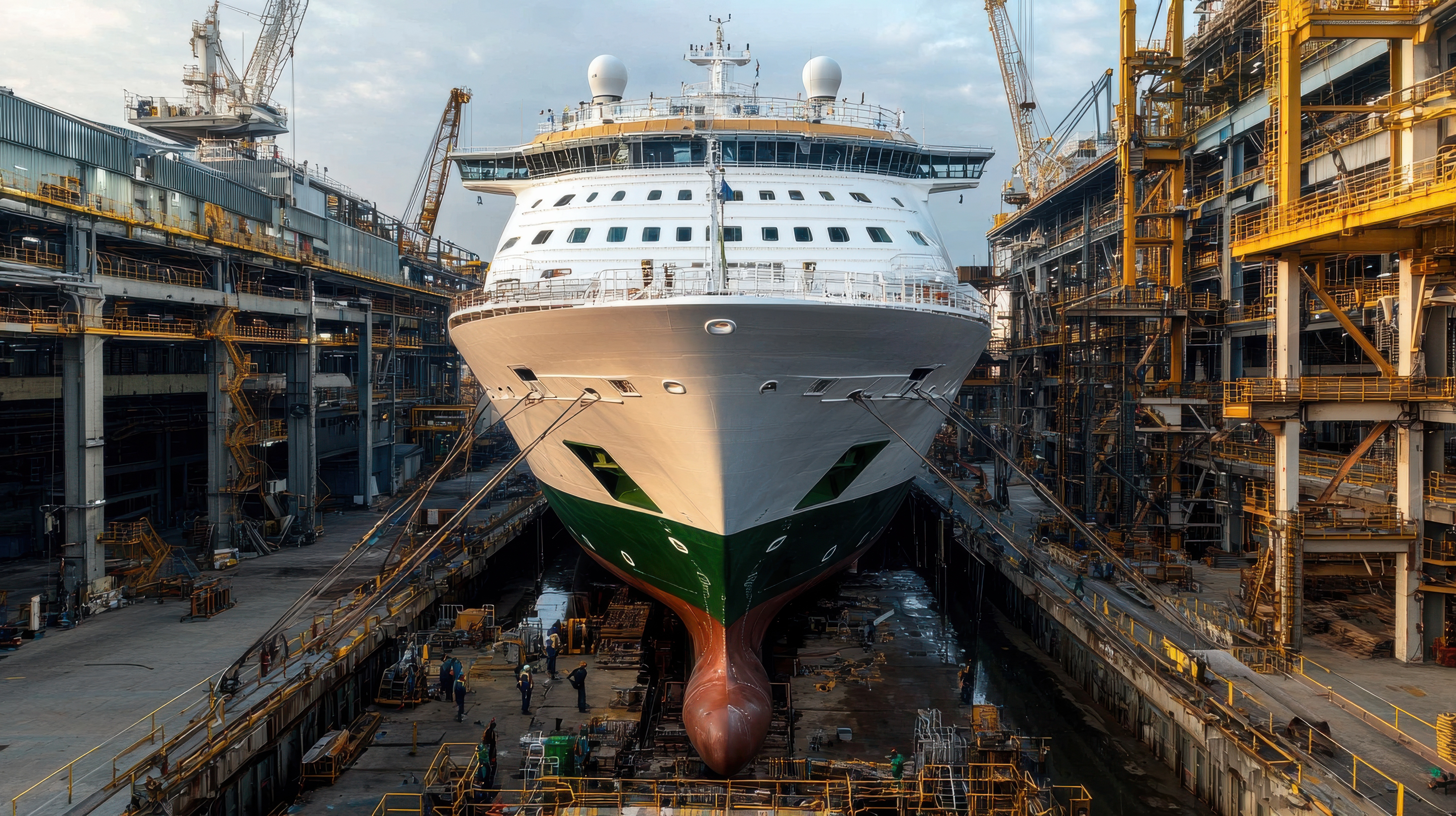Facts
The claimant was a diver who had recovered various items from wrecks.
In 2018, he recovered eight bronze cannon, said to be worth between £96,000 and £1.2 million, thought to be from an East India company vessel. In 2011, he recovered tin ingots from other vessels, thought to be worth around £110,000 plus other less valuable items. The claimant failed to give notice of the recovery of the items to the Receiver of Wreck as he was required to do under Section 236 of the Merchant Shipping Act 1995 ("MSA 1995"). He was therefore prosecuted and convicted in 2013 for offences contrary to section 236 and section 237 (which requires cargo or other articles recovered to be delivered to the Receiver), of the MSA 1995.
In 2014, the claimant requested a salvage award with regard to the cannon and ingots. His request was refused by the Receiver. He repeated his request in 2015 and 2016 but the Secretary of State for Transport rejected his requests.
The Receiver relied upon article 18 of the 1989 Salvage Convention which provides that in cases of salvor misconduct a salvor will be deprived of the whole or part of any payment due. The Receiver said that all the items listed by the claimant had formed part of the prosecution against the claimant and it would be inappropriate and contrary to public policy for any salvage award to be paid to him.
According to the Receiver, the rationale underlying the above provisions of the MSA 1995, particularly section 236, was to enable "salvage to be distinguished from looting".
The claimant issued a claim for judicial review, and the Administrative Court granted the request.
Judgement
The case was heard by Mr Justice Teare.
Teare J decided that the claimant's claim for a salvage award was time barred. The claim for judicial review of the Secretary of State for Transport's decision refusing a salvage award was therefore dismissed.
The two year limitation period imposed by article 23 of the Salvage Convention commences when the "salvage operations" are terminated. The Salvage Convention does not define the event by which salvage operations are terminated. Teare J adjudicated that the termination of salvage operations is to be determined by all the circumstances of the particular case. The claimant argued that salvage operations of a wreck on the sea bed cannot be considered to be finished or complete until everything has been raised from the sea bed or the salvor abandons his operations. In the case of salvage of a historic wreck, as opposed to commercial salvage operations (for instance, a towage to a safe port), the salvage operations could take decades to complete.
Teare J decided however that a salvage operation on a wreck can be terminated by cessation of operation for several months and by the absence of any indication on the site that operations were continuing. Later diving operations on the same wreck could be determined as second and new salvage operations respectively.
Despite his finding above on time bar, Teare J commented (Obiter) on the claimant's allegation that the Receiver had failed to adopt a fair procedure before concluding that he was guilty of fraud and other dishonest conduct.
Teare J clarified that the dishonest conduct referred to in article 18 of the Salvage Convention is confined to conduct "committed by the salvor in the course of the actual salvage operation". The article provides that a salvor may be deprived of the whole or part of the payment due under the Convention in two circumstances: The first is when the salvage operations have become necessary or more difficult because of the salvor's fault or neglect, and the second is when the salvor has been guilty of fraud or other dishonest conduct. There is no requirement in article 18 that the fraud or other dishonest conduct of the salvor must be in the course of the salvage operations. It may be before such operations have commenced or after they have been terminated. However, unless the fraud or other dishonest conduct has some real connection with the salvage services or the making of the claim for salvage it is unlikely that the court or other tribunal applying article 18 would regard the fraud or other dishonest conduct as having any relevance.
Comments
This case, albeit involving a rare claim for salvage in respect of a historic wreck, provides useful guidance on the time limits set out under the 1998 Salvage Convention for bringing a claim for a salvage award. The case also provides useful guidance on the interpretation of "fraud or dishonest conduct" in the context of article 18 of the Salvage Convention.




